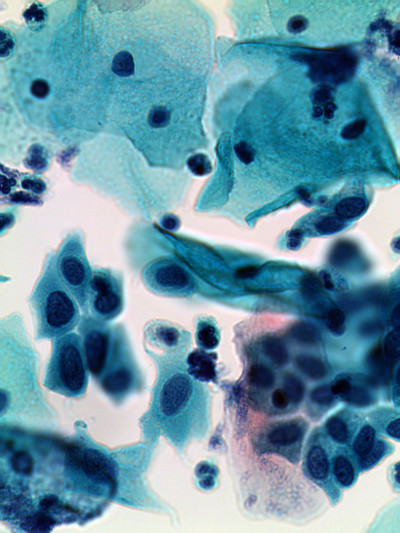Laboratory Services
Cortisol Stimulation
Print this pageUpdated Test Information:
| Test Description |
Cortisol Stimulation
|
|
|---|---|---|
| Synonym(s) |
Cosyntropin Stimulation |
|
| Test ID |
CORSTIM
|
|
| Performing Lab |
Incyte Diagnostics |
|
| General Information |
Evaluation of possible primary or secondary adrenal insufficiency, as well as disorders of adrenal steroid biosynthesis, such as congenital adrenal hyperplasia . |
|
| Specimen Type |
Serum |
|
| Specimen Requirements |
SST |
|
| Alternate Specimen Type |
Red, Li-heparin plasma |
|
| Specimen Collection / Processing Instructions |
SST - The patient may have a fat-free meal prior to testing.Draw blood for baseline cortisol. Inject cosyntropin 250 mcg IM or IV (if IV, dilute cosyntropin in 2-5 mL of sterile saline and inject over two minutes). If intramuscularly, 250 mcg for patient weight of greater than or equal to 37 pounds. If intravenously, dilute the cosyntropin in 2 mL to 5 mL of normal saline and inject over two minutes. Samples for analysis are collected 30 minutes and 60 minutes after administration of the cosyntropin. Please note: the collection of the 30-minute sample is at the physician's discretion. |
|
| Stability |
Serum: |
|
| Limitations |
Prior administration of estrogens, spironolactone, cortisone, and hydrocortisone (cortisol) can all interfere with the ACTH stimulation test by causing abnormally high baseline cortisol levels. |
|
| Methodology |
Electrochemiluminescence immunoassay ECLIA |
|
| Estimated TAT |
0-2 days |
|
| Testing Schedule |
Monday-Saturday |
|
| CPT Code(s) |
82533 |
|
| Reference Range |
A rise in cortisol level to greater than 18 μg/dL of cortiso within 60 minutes demonstrates a normal result. A rise in cortisol to less than 18 ug/dL demonstrates an abnormal response. |
|
| LOINC Code(s) |
41407-8, 26530-6, 26528-0 |
